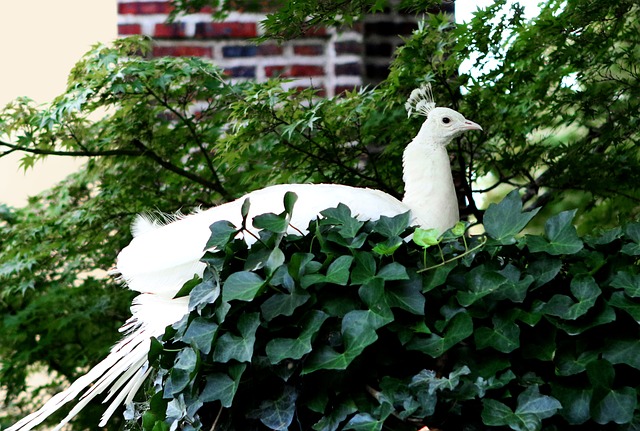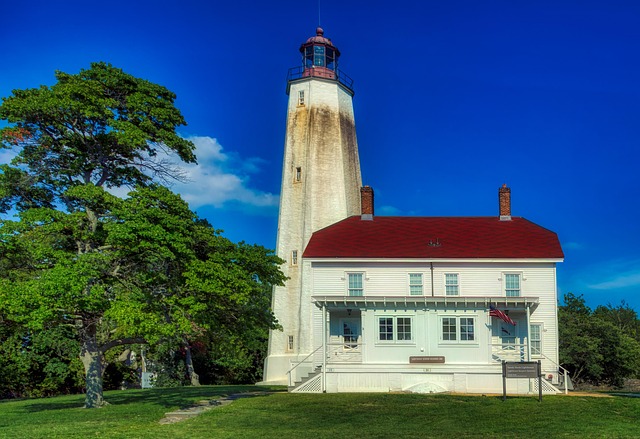Elderly sexual abuse in Pennsylvania's continuing care at home programs is a growing concern. Effective prevention and intervention strategies include caregiver training, open communication channels, and legal protections offered by specialized elderly sexual assault lawyers. The state has implemented robust measures, including mandatory staff training, open reporting systems, and tailored support services to protect elders from sexual abuse and ensure their well-being.
Pennsylvania is taking significant steps to address a pressing issue: elder sexual abuse within continuing care at home programs. This pervasive problem demands attention, especially as our population ages. The state’s efforts involve understanding the unique dynamics of home care, strengthening legal protections for seniors, and implementing preventative measures. By examining these initiatives, we aim to highlight the importance of recognizing and combating elderly sexual assault, with insights from an experienced Pennsylvania elderly sexual abuse lawyer.
Understanding Elder Sexual Abuse in Home Care

Elderly sexual abuse in continuing care at home programs is a critical issue that requires comprehensive understanding and strategic intervention. In Pennsylvania, where the population of older adults is significant, recognizing and addressing this problem are paramount to ensuring safety and dignity for all residents. Sexual assault on seniors can take various forms, from non-consensual physical acts to exploitation and coercion, often occurring within intimate settings like home care environments.
An elderly sexual assault lawyer in Pennsylvania highlights the importance of awareness among caregivers, family members, and community resources. Training programs that educate professionals on identifying red flags and responding appropriately are essential steps towards prevention. Moreover, promoting open communication channels and fostering a culture where victims feel comfortable reporting incidents without fear of stigma or reprisal can significantly contribute to early detection and intervention strategies for elder sexual abuse in home care settings.
Legal Framework and Protections for Seniors

In Pennsylvania, addressing elder sexual abuse in continuing care at home programs is guided by a robust legal framework designed to protect seniors. The state has enacted stringent laws to combat this egregious form of mistreatment, with penalties for perpetrators that can include fines and imprisonment. An elderly sexual assault lawyer in Pennsylvania plays a crucial role in ensuring these laws are enforced and that victims receive the justice they deserve. These legal professionals specialize in navigating complex regulations and providing dedicated representation to hold accountable those who exploit vulnerable older adults.
Beyond criminal prosecution, Pennsylvania offers various protections for seniors, including oversight bodies that monitor continuing care at home programs and investigate complaints of abuse or neglect. Victims have rights under these laws, such as access to medical care, counseling services, and legal aid. An elderly sexual assault lawyer in Pennsylvania is well-versed in helping clients navigate these systems, ensuring they receive the support and compensation they are entitled to for the trauma they have endured.
Preventative Measures and Support Systems in PA

In Pennsylvania, addressing elder sexual abuse in continuing care at home programs has become a priority, with several preventative measures and support systems in place. These efforts include mandatory training for caregivers and staff, aimed at recognizing signs of potential abuse and responding appropriately. The state also promotes open communication between elders and their advocates, encouraging them to report any incidents without fear of retaliation.
Additionally, Pennsylvania offers resources like Elder Law attorneys who specialize in sexual assault cases, providing legal support to victims. Support groups and counseling services specifically tailored for elderly survivors help rebuild trust and promote healing. These comprehensive initiatives demonstrate Pennsylvania’s commitment to protecting its elders from sexual abuse, both within their homes and across care facilities.






